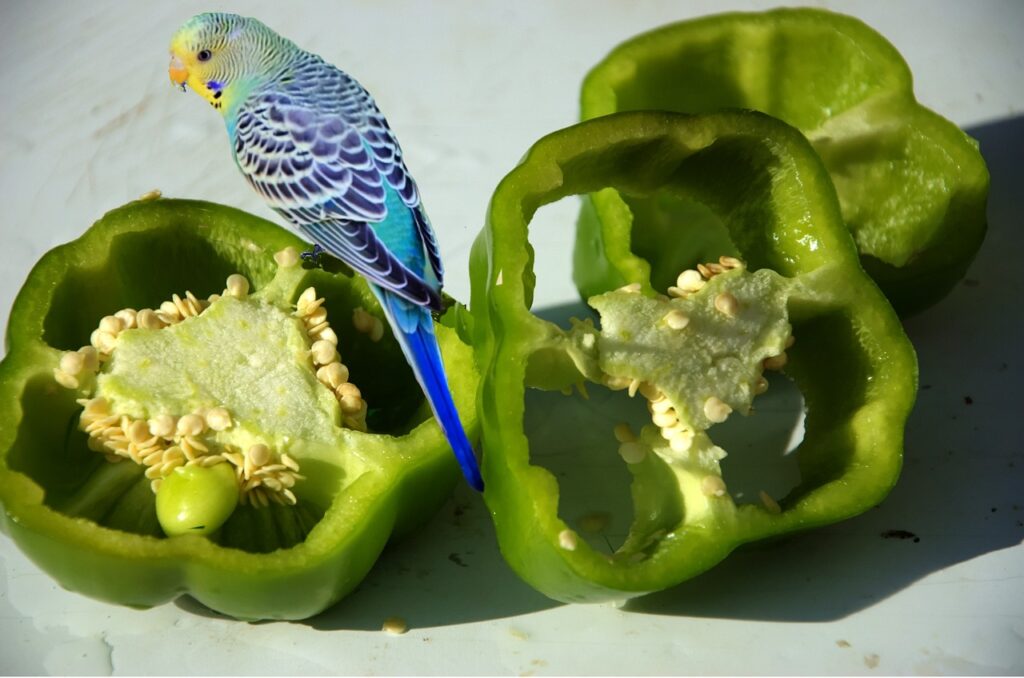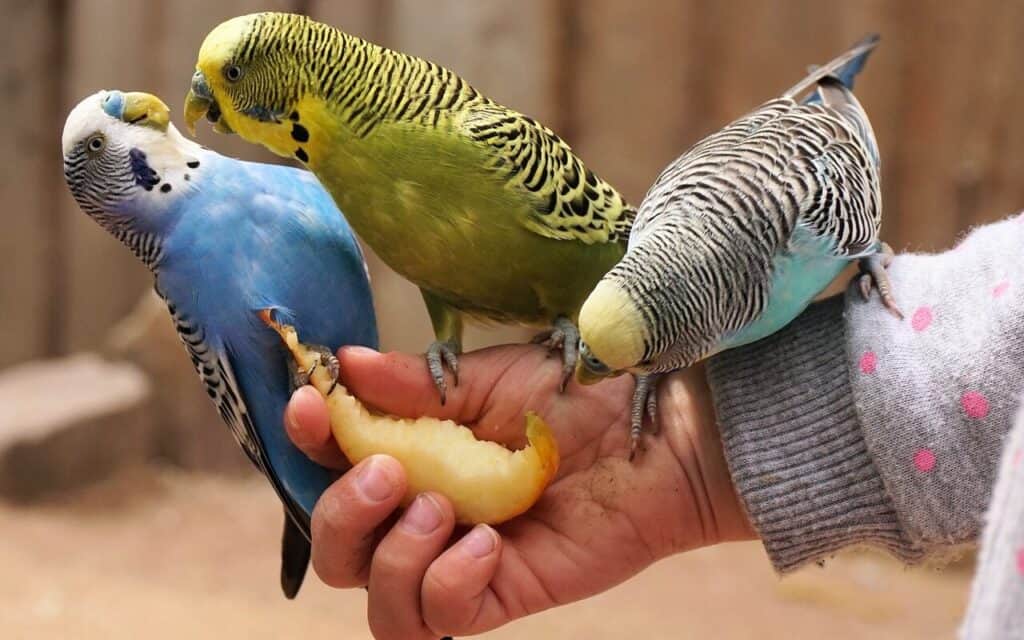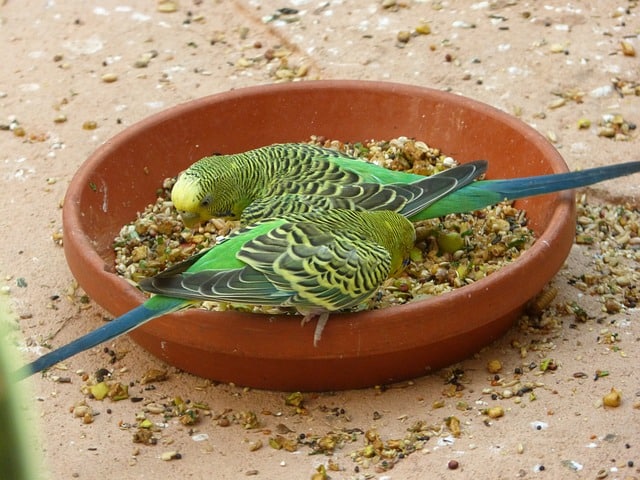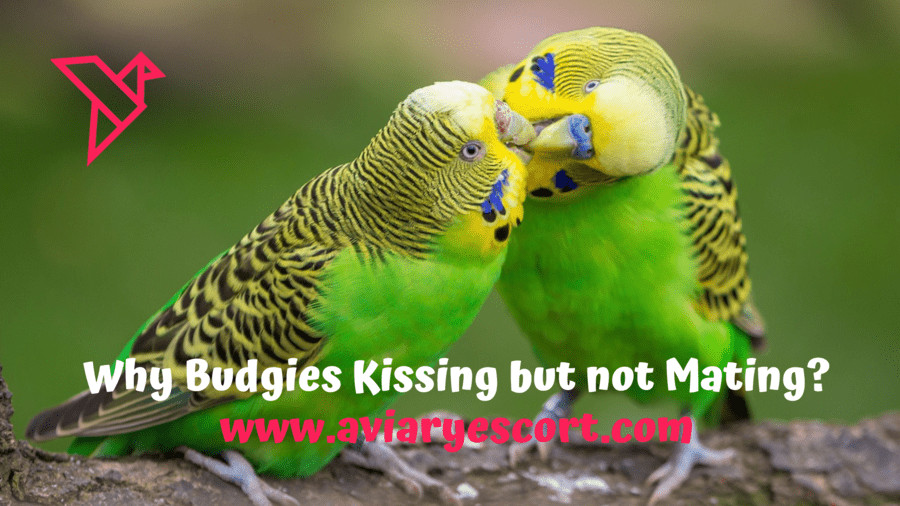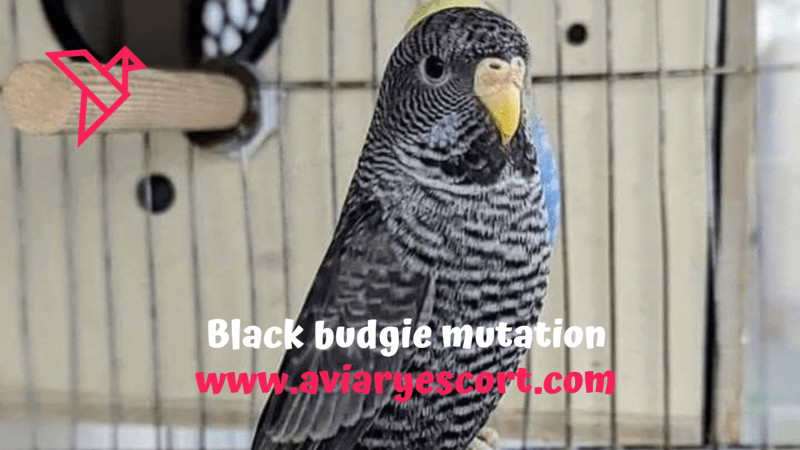Budgies, also known as parakeets, are delightful and popular pet birds cherished for their vibrant colors and charming personalities. As a responsible budgie owner, it’s essential to understand potential health concerns that can affect these tiny feathered friends. One common question that arises is, “Do budgies get fleas?” In this comprehensive guide, we’ll delve into the world of budgies and fleas, addressing important aspects, and providing useful insights for their well-being.
Understanding Budgies
Before we discuss fleas, let’s get better acquainted with budgies. These small parrots belong to the Melopsittacus undulatus species, native to Australia. They are highly sociable creatures and can form strong bonds with their human caregivers. Budgies have a lifespan of around 5-10 years, with proper care and attention.
The Flea Myth
There is a misconception that budgies can get fleas just like cats and dogs. However, this is not entirely accurate. Budgies are not hosts to the same types of fleas that commonly infest mammals. Fleas are species-specific, meaning that fleas that typically infest cats or dogs cannot survive on budgies. Instead, budgies can be affected by mites or lice, which are bird-specific parasites.
Identifying Mites and Lice in Budgies
Identifying mites and lice in budgies is essential for ensuring their well-being and maintaining their overall health. Being vigilant about these tiny parasites can help you take prompt action and prevent further complications. Here are some detailed signs of infestation to look out for:
1. Feather Loss
One of the most noticeable signs of mite or lice infestation in budgies is feather loss. Pay close attention to areas around the head, neck, or vent, as these are common areas where the parasites may concentrate. Infected budgies may have patches of missing feathers, which can lead to a ragged and unkempt appearance. In severe cases, the loss of feathers can be quite extensive, indicating a more significant infestation.
2. Irritated Skin
If your budgie is infested with mites or lice, it may exhibit signs of irritation and discomfort. Watch for excessive scratching or pecking at its feathers and skin. The bird may also appear restless and agitated, often trying to alleviate the itching sensation caused by the parasites. Irritated skin can lead to redness and inflammation in the affected areas.
3. Decreased Activity
A normally active and chirpy budgie may become lethargic and show a lack of interest in its usual activities when infested with mites or lice. It may spend more time sitting still or puffing up its feathers in an attempt to relieve the discomfort. This decreased activity can be a significant change in behavior and should not be overlooked.
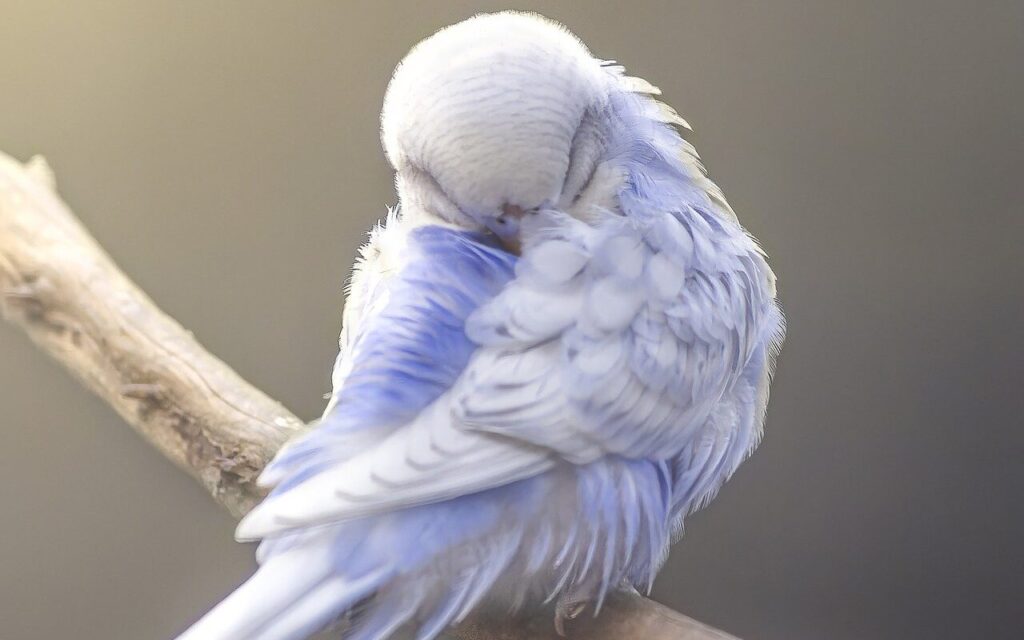
4. Visible Parasites
In severe infestations, you may be able to observe the parasites themselves. These tiny creatures appear as moving specks or crawling lice on the budgie’s feathers. Take a closer look at the bird’s plumage, especially under good lighting conditions, to spot any signs of these unwelcome visitors.
5. Bald Patches and Sores
Prolonged infestations can cause bald patches on the budgie’s skin, particularly in areas where the parasites have been feeding. These bald patches can make the skin more vulnerable to injuries and sores, which can further exacerbate the budgie’s discomfort and distress.
6. Weight Loss and Weakness
In severe cases of infestation, budgies may experience weight loss and weakness due to the stress and energy drain caused by the parasites. If you notice your budgie becoming thinner and less active, it is crucial to seek immediate veterinary attention.
Identifying mites and lice early on is crucial to prevent the parasites from causing harm to your beloved budgie. Regularly inspect your bird for any signs of infestation, especially if it shows any of the aforementioned symptoms. If you suspect that your budgie is infested with mites or lice, seek the advice of an avian veterinarian promptly. Early intervention can ensure your budgie receives the appropriate treatment and care, leading to a healthier and happier companion.
Preventive Measures
Prevention is always better than cure when it comes to budgie health. To protect your feathered companion from mites and lice:
1. Regular Cage Cleaning
Maintaining a clean environment is essential. Regularly clean the cage and toys, and replace the bedding to reduce the chances of infestation.
2. Quarantine New Birds
If you plan to introduce a new budgie to your flock, keep it in quarantine for a few weeks. This allows you to observe the newcomer for any signs of parasites before integrating it with other birds.
3. Healthy Diet
A well-balanced diet boosts the bird’s immune system. Provide a variety of fresh fruits, vegetables, and quality pellets to keep your budgie healthy and resilient.
4. Avian Vet Check-ups
Schedule regular check-ups with an avian veterinarian to detect any potential health issues, including parasite infestations, at an early stage.
Treatment Options
When faced with the distressing situation of a mite or lice infestation in your budgie, taking swift and appropriate action is crucial for their well-being. Seeking the expertise of a qualified avian veterinarian is of utmost importance to ensure accurate diagnosis and a proper treatment plan. Here are the treatment options in more detail, along with two additional points to consider:
1. Anti-Parasitic Medication:
Anti-parasitic medication is the primary treatment for budgies infested with mites or lice. Your avian veterinarian will conduct a thorough examination to identify the specific parasite affecting your bird and prescribe the appropriate medication.
The anti-parasitic medication can come in various forms, including oral solutions, topical creams, powders, or even injections. The veterinarian will provide detailed instructions on the dosage and administration method. It is crucial to follow these instructions precisely to ensure the safe and effective use of the medication.
2. Environmental Disinfection:
Treating your budgie alone is not enough; you must also address the environment in which they live. Thoroughly clean and disinfect the entire birdcage, including perches, toys, and feeding dishes.
Start by removing all bedding and any debris from the cage. Wash all cage accessories using an avian-safe disinfectant. Be sure to rinse everything thoroughly and allow it to dry completely before returning your budgie to its freshly sanitized home.
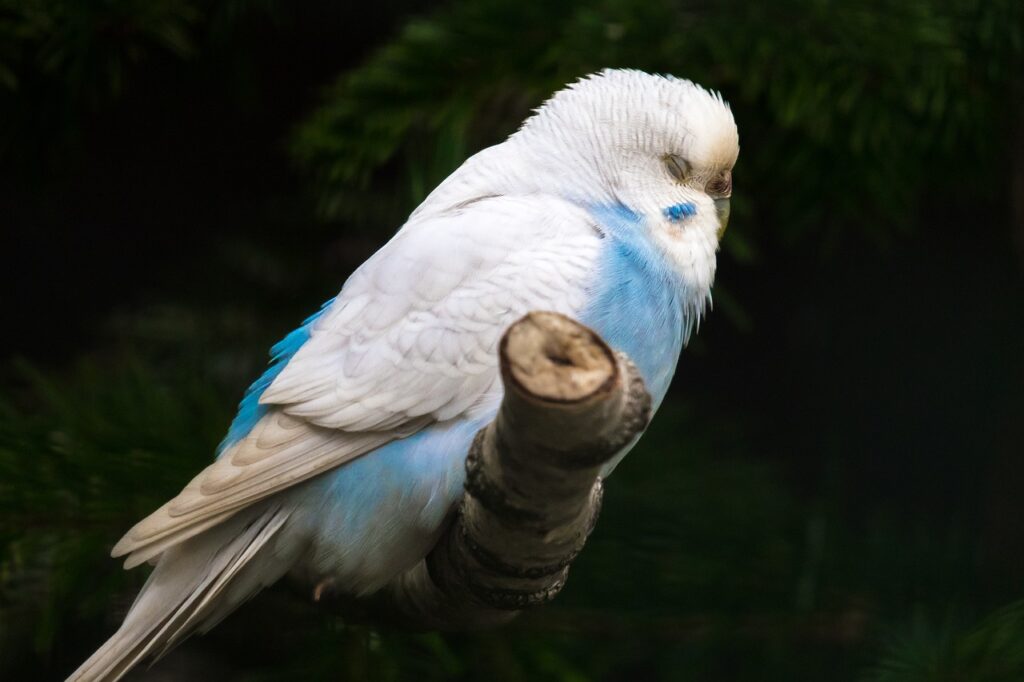
3. Bathing:
Bathing your budgie can be a soothing and beneficial part of the treatment process. Warm water baths help to relieve itching and discomfort caused by mite or lice bites. Additionally, bathing can help dislodge some of the parasites from your budgie’s feathers.
To bathe your budgie, fill a shallow dish or basin with lukewarm water. Allow your bird to bathe in the water, or you can gently mist it with the water using a spray bottle. Ensure the water is not too hot or too cold, as budgies are sensitive to temperature changes.
4. Isolation and Preventive Measures:
If you have multiple budgies, it’s crucial to isolate the infested bird to prevent the spread of parasites to others. Keep the infected budgie separate from the rest of the flock until they complete the treatment and show signs of recovery.
5. Supplemental Nutrition and Support:
During the treatment period, provide your budgie with supplemental nutrition to support their immune system and aid in the recovery process. Offer fresh fruits and vegetables, fortified seeds, and other nutritious foods to ensure they are receiving essential vitamins and minerals.
If, despite all precautions, your budgie becomes infested, prompt action is necessary. Consult a qualified avian veterinarian for proper diagnosis and treatment. They may recommend:
Conclusion
In conclusion, budgies don’t get fleas, but they are susceptible to mites and lice. Being attentive to your budgie’s health and providing a clean and nurturing environment can help prevent these pesky parasites. Remember to consult an avian veterinarian if you suspect an infestation.
Frequently Asked Questions
Q: Can budgies transmit mites or lice to humans?
A: No, bird mites and lice are typically species-specific and do not infest humans.
Q: How often should I clean my budgie’s cage?
A: It is advisable to clean the cage at least once a week, but spot cleaning may be required more frequently.
Q: Are mites or lice contagious between budgies?
A: Yes, mites and lice can spread between birds, especially in overcrowded or unsanitary conditions.
Q: Can I use over-the-counter flea products for my budgie?
A: No, it is essential to consult an avian veterinarian before using any medication on your budgie.
Q: Can stress make my budgie more susceptible to parasites?
A: Yes, stress can weaken the immune system, making budgies more susceptible to infestations.
Read more! Why Do Budgies Puff Up: A Complete Guide


